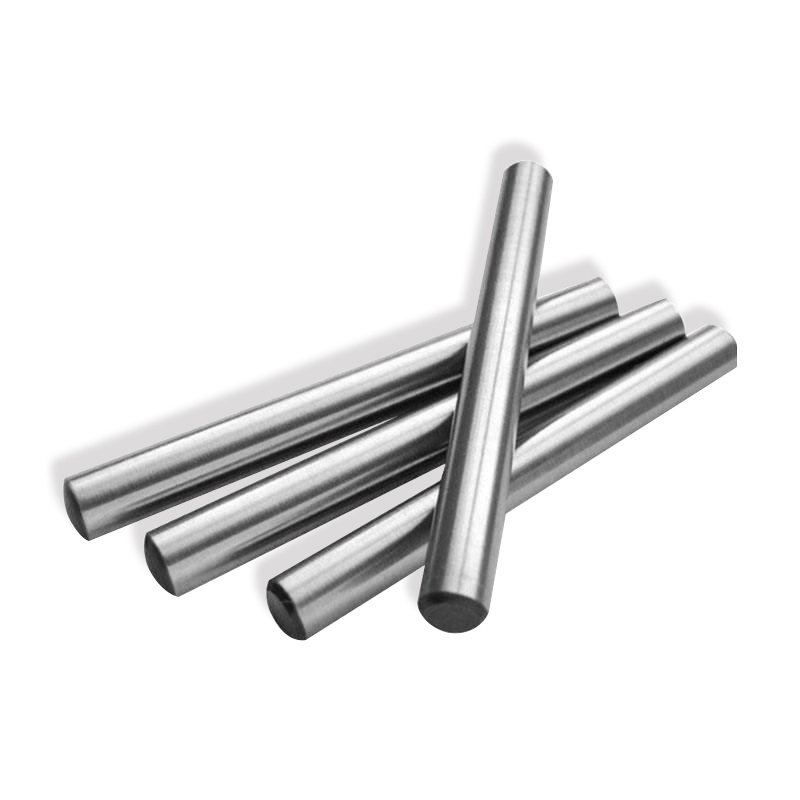304 Stainless Steel Bar
304 stainless steel bar is one of the most popular stainless steel bars across the globe for a number of reasons. Iron, chromium and nickel are the main elements that constitute 304 stainless steel. This combination gives rise to the outstanding oxidation resistance and corrosion resistance of 304 stainless steel bars. 304 stainless steel has stronger anti-rust properties than 200 series stainless steel materials as a versatile stainless steel. It also outperforms them in temperature resistance. The 304 stainless steel bar has characteristics of a smooth surface, high plasticity, toughness and mechanical strength, as well as resistance to corrosion by acids, alkaline gases, solutions and other media. 304 stainless steel bars are commonly used as manufacturing parts in fields like food processing equipment, building materials, automobile parts.
Products
Products DETAILS
304 Stainless Steel Bar
Product Parameters
|
Product Name |
304 Stainless Steel Bar |
|
|
Type |
Steel Bar |
|
|
Outer Diameter |
Round Bar |
4mm-500mm |
|
Hexagon Bar |
18mm-57mm (11/16″ to 2-3/4″) |
|
|
Square Bar |
18mm-47mm (11/16″ to 1-3/4″) |
|
|
Flat Steel |
1/2 "to 10", Thickness: 2mm-150mm, Can provide customized |
|
|
Length |
1-6 meters, Length can be customized |
|
|
Standard |
ASTM, AISI, JIS, GB, DIN, EN, etc. |
|
|
Surface |
Black, Bright Polished, Rough Turning, Mattness Surface Treatment, No. 4. BA, etc. |
|
|
Scope of Application |
Stainless steel bars are used in a variety of industries such as shipbuilding, Defense, Automotive, Textiles, Paper and pulp, Manufacturing, Cement, Heavy earthmoving equipment and construction, etc. |
|
Chemical Composition
|
C |
Si |
Mn |
Cr |
Ni |
S |
P |
|
≤ 0.08 |
≤1.0 |
≤ 2.0 |
18.0~20.0 |
8.0~10.5 |
≤ 0.03 |
≤ 0.035 |
Mechanical Properties
|
Tensile Strength Kb (MPa) |
Yield Strength σ0.2 (MPa) |
Elongation D5 (%) |
Hardness |
|
≥ 520 |
≥ 205 |
≥ 40 |
≤ 187HB ;≤ 90HRB;≤ 200HV |
Physical Performance
|
Density(g/cm³) |
Modulus of Elasticity(Gpa) |
Coefficient of Thermal Expansion(10-6/°C) |
Coefficient of Thermal Conductivity(W/m*K) |
Resistivity(ΜΩ. cm) |
|
8.03 |
193 |
16.9 |
16.2 |
72 |






